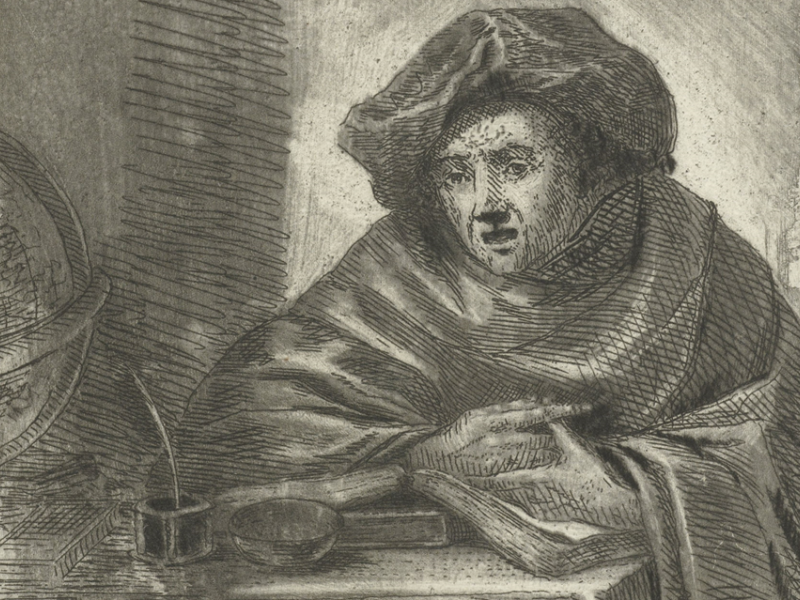Lecture by Dr. Joëlle Weis: "Academic Precarity between Premodernity and Modernity"
as part of the 54th German Historians' Conference at the University of Leipzig

Date:
20.09.2023Place:
September 19-22, 2023, University of Leipzig
Lecture by Dr. Joëlle Weis:
September 20, 2023, 1:00-3:30 PM
Categories:
ConferenceContact:
Dr. Joëlle WeisFurther Information:
Website Historikertag: Academic Precarity between Premodernity and ModernityThe aim of this section is to shed light on the relationship between academic work and precariousness, as well as the mechanisms of inclusion and exclusion and their consequences for the scientific community, from a historical perspective. In current as well as historical discussions, the question must be answered as to whether precariousness is a necessary component of the university complex and thus of the science system, or whether it must be seen as a result of contingent historical developments that stabilized path-dependently. For this purpose, a long-term perspective is indispensable. Specifically, this section aims to focus on the losers, the excluded, and the marginalized of the academic scientific community in Central Europe between pre-modern and modern times.
The competition for the always limited resources made available to activities of a "scholarly" nature led to conflicts. These served to demarcate a university sphere for those who could make a living from their education. It was negotiated who was qualified to perform such a job and how social status could be achieved and asserted under these conditions. With the institutionalization of a meritocratic claim, competitive selection became possible, but it was by no means the only way to make distinctions and exclusions.
However, the uncertain status of university employees was usually precarious not only in terms of their belonging to the universitas but also in other social or economic ways, both of which could cause or reinforce each other. Who and how many were affected? How important were they for the functioning and survival of the system? Are there structural and institutional continuities with the current situation, and can historical hindsight contribute to the current debate surrounding #IchbinHanna?

